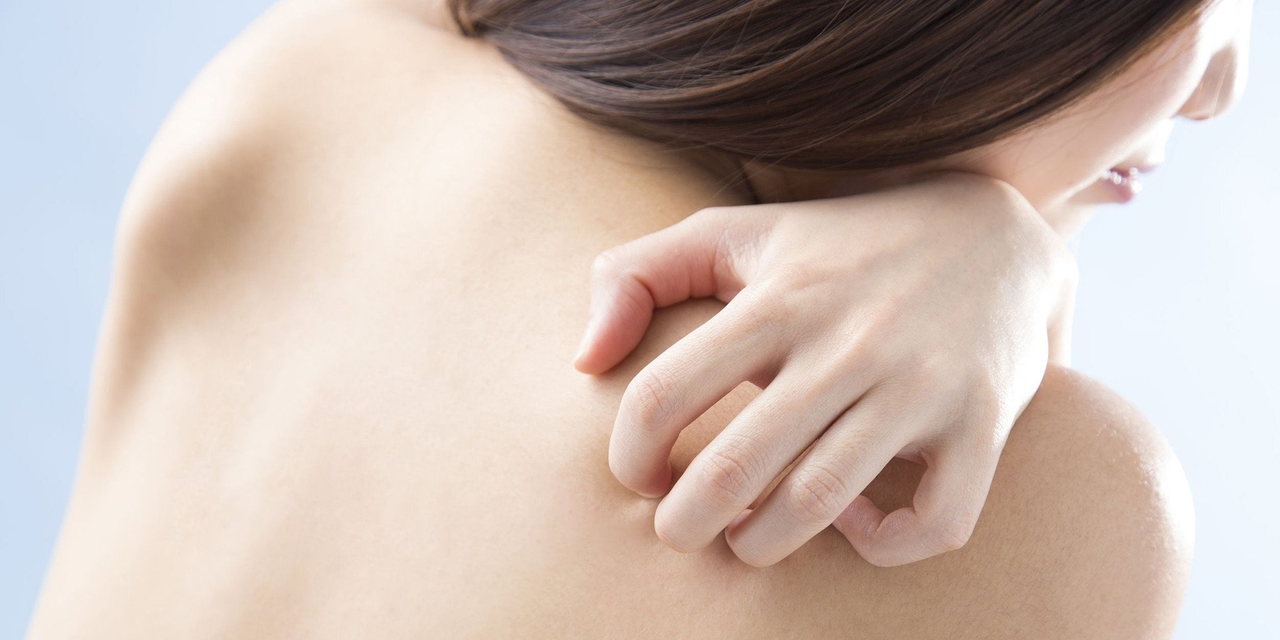As a blogger, I've seen firsthand how proper hydration is essential for maintaining healthy skin and preventing skin itching. Drinking enough water throughout the day helps to flush toxins from our body, ensuring that our skin stays moisturized and less prone to irritation. Additionally, staying hydrated supports overall skin health and elasticity, making it less susceptible to itchiness. I cannot stress enough the importance of drinking at least 8 glasses of water daily to keep our skin in top condition. So let's make it a habit to hydrate ourselves well and say goodbye to itchy skin for good!
Hydration: Practical Tips to Stay Properly Hydrated Every Day
Water affects energy, thinking, digestion, skin, and how medications work. You don’t need a complicated plan to stay hydrated — just a few clear habits. Below are the most useful, practical tips I use and recommend to people who want simple, reliable hydration every day.
How much water do you really need?
A quick rule: aim for roughly 30–35 ml per kg of body weight daily. For most adults that’s about 2–3 liters (8–12 cups). Your needs jump with heat, exercise, and illness (fever, vomiting, diarrhea).
Watch urine color: pale straw is a good sign. Dark yellow usually means you need more. Thirst is useful but lags — older adults and athletes should drink on a schedule rather than waiting to feel thirsty.
If you exercise hard, start with 500 ml about two hours before activity, sip 150–300 ml every 15–20 minutes during intense workouts, and refill afterward to replace losses. Weighing yourself before and after exercise helps: a 1 kg drop equals about 1 liter of fluid lost.
Quick hydration fixes and when to seek help
For mild dehydration: sip water steadily, add a pinch of salt and a squeeze of lemon if you need electrolytes, or use a low-sugar sports drink or oral rehydration solution (ORS). Eat hydrating foods like watermelon, cucumber, oranges, and broth-based soups — they add fluids plus minerals.
When to use electrolytes: long runs, heavy sweating, vomiting, diarrhea, or when taking diuretics. Plain water replaces volume, but electrolytes help cells work and prevent cramps and dizziness.
Warning signs that need medical attention: very little or no urine for several hours, fainting, fast heartbeat, severe dizziness, confusion, or extreme weakness. Call a healthcare provider or go to urgent care if any of those appear.
Simple daily habits that work: carry a refillable bottle, set phone reminders to sip, pair drinking with routine actions (after each bathroom break, with every meal), and flavor water with slices of fruit or herbs if plain water bores you. Limit excess alcohol — it causes fluid loss.
Special groups: older adults often don’t sense thirst well, and children lose fluid faster. Check on grandparents and keep water ready for kids during play. If you take medications like diuretics or certain blood-pressure drugs, ask your clinician how much extra fluid or salt you need.
Small, consistent steps beat dramatic catches. Stay steady with your intake, watch simple signals like urine color and energy levels, and use ORS or consult a clinician when heavy fluid loss happens. Good hydration is an easy change that shows up quickly in how you feel, think, and move.

